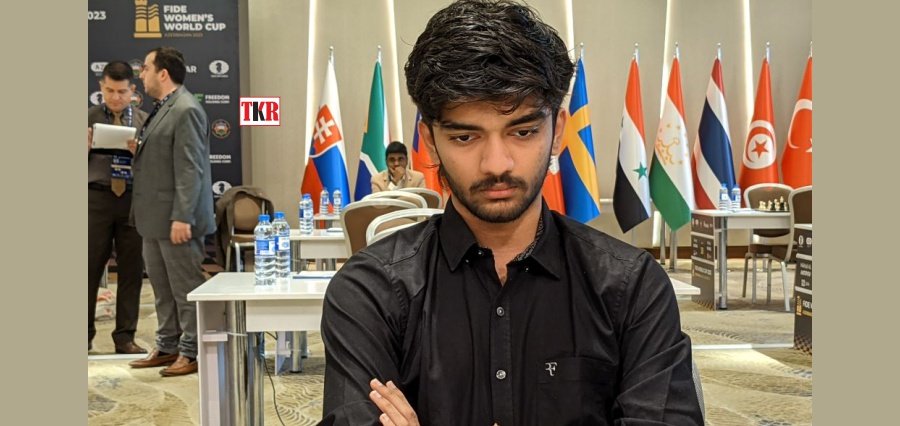The Indian startup ecosystem is experiencing remarkable growth, with 67 new unicorns born between 2021 and 2022, bringing the total count to 110. While the pace of unicorn creation in 2023 hasn’t matched previous years, projections suggest that India could have more than 280 unicorns by 2030, as stated in Inc42’s “Decoding India’s Unicorn Club Report, 2023.”
Interestingly, more than 50% of unicorn founders do not come from the Indian Institutes of Technology (IITs), contrary to the earlier trend where academic pedigree heavily influenced funding decisions. Prominent unicorn founders who did not attend IITs include Girish Mathrubootham of Freshworks, Byju Raveendran of BYJU’S, and Monish Darda of Icertis.
According to the Inc42 survey, only 42% of unicorn founders are IIT graduates, with IIT Delhi leading in producing the most founders of billion-dollar enterprises, followed by IIT Bombay and IIT Kanpur.
This shift reflects a broader change in investors’ focus, moving beyond technical and managerial expertise to encompass a wider range of skills. Entrepreneurs from diverse backgrounds bring unique perspectives, experiences, and innovative thinking, which are crucial for startup success.
Previously, the startup ecosystem heavily favored founders with degrees from prestigious institutions like IITs and Indian Institutes of Management (IIMs). However, the recent recognition of founders from non-IIT, non-IIM, and non-engineering backgrounds underscores the growing acceptance of different expertise and experiences.
Factors contributing to this shift include the quality of education at non-IIT and non-IIM institutions, the maturity of the startup ecosystem, and an evolving investor mindset that prioritizes execution capabilities over conventional academic credentials. The emergence of successful startups founded by individuals with diverse backgrounds demonstrates that success can be achieved without degrees from top institutes.
Read More: Click Here





